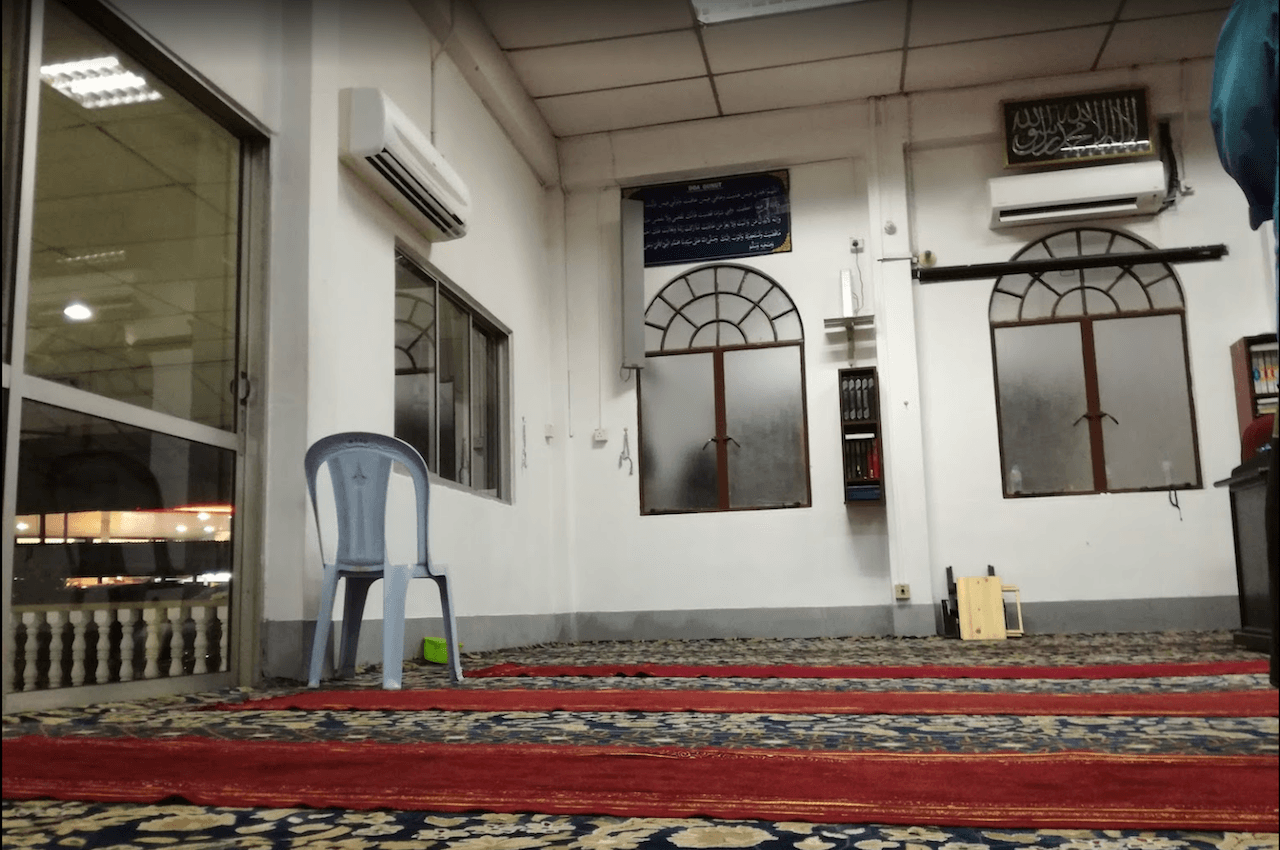Living on a prayer after pandemic-related ban on religious activities
For many imams, the events that once earned them an income on the side have been brought to a halt by the various lockdowns.
Just In
An inconspicuous group, among the worst financially affected by the Covid-19 crisis, has been men of religion.
The movement control order (MCO) to contain the spread of the virus saw houses of worship closed, with heavy restrictions on religious activities and events since the first lockdown was declared in March.
Mosques, churches and temples nationwide were prohibited from holding weekly services, and limits were placed on the number of devotees allowed for important ceremonies.
But religious activities outside of places of worship have also been affected.
For imams, religious lectures, private prayer gatherings and invitations were once lucrative sources of income.
This has not been the case since March. Many variants of the MCO have come and gone, including the latest reinstatement of the conditional MCO which has put paid to the large gatherings characteristic of religious events.
Hasbullah, 37, an imam or prayer leader at a mosque in Dengkil, a semi-rural part of the Klang Valley just outside Putrajaya, can relate to this.
The empty mosque also means an empty donation box.
Worshippers used to throng his mosque every week, but the Covid-19 restrictions have affected not only its coffers but also any extra revenue it would normally have seen.
Hasbullah told MalaysiaNow that he and others in his line of work no longer receive invitations to grace weddings or kenduris (prayer gatherings), or to deliver religious talks, all of which have been banned under the MCO.
His involvement in these events used to give him an additional RM2,000 to RM5,000 every month.
Not anymore.
The empty mosque also means an empty donation box, which used to be filled every Friday as well as during the five daily prayers.
“I’m one of the luckier ones as I have other sources of income. But many of my fellow imams who are older than I am have been depending on these social activities for their income,” said Hasbullah.
He said imams usually leave it to the hosts to decide on the amount they are paid for their services.
He added that many of them are from the small villages dotting the peripheries of the Klang Valley, including in Morib and Sepang.
Imams receive fixed salaries from the state religious authorities but the amount is usually barely enough for them to make ends meet.
Their extra income usually comes from other religious and social activities which are a norm in closed rural communities.
If they are in high demand, they can make a few thousand ringgit from their religious lecture rounds, usually held after congregatory prayers in mosques.
A well-known celebrity who used to criss-cross the country on lecture tours said he had lost a big chunk of his monthly earnings thanks to the restrictions on interstate travel.
The thirty-something ustaz said before the pandemic, he could earn up to RM10,000 for a two-hour special event held in mosques, which would include him leading congregatory prayers and delivering a special discourse.
“Now, everything is interrupted.”
He told MalaysiaNow that he was usually fully booked for whole months, attending between 10 and 20 events.
He said Islamic radio and television programmes were also a good way of earning money as the rate for a celebrity ustaz is anywhere from RM10,000 to RM24,000 depending on the theme, duration and nature of the discourse.
Teaching others to recite the Qur’an, for example, would mean extra charges.
Such events are also sometimes sponsored by corporate entities.
“Don’t get me wrong. I’m not complaining. Everyone is going through a hard time,” the celebrity ustaz told MalaysiaNow.
“But this is our job. We used to travel the length and breadth of the country, and it is costly. Now, everything is interrupted,” he said, adding that he is struggling to pay the support staff who used to manage his lecture tours.
Mohamad Shairuddin Ishak considers himself one of the more fortunate ones, at least for now, as his area is still classified as a green zone with fewer restrictions in place for religious events.
Shairuddin, 53, an imam at Masjid Kampung Istana, Batu Pahat, said he is still earning for his services at wedding feasts.
“I get invitations to say the doa (invocation). And there are also special occasions such as for a newborn.”
Subscribe to our newsletter
To be updated with all the latest news and analyses daily.
